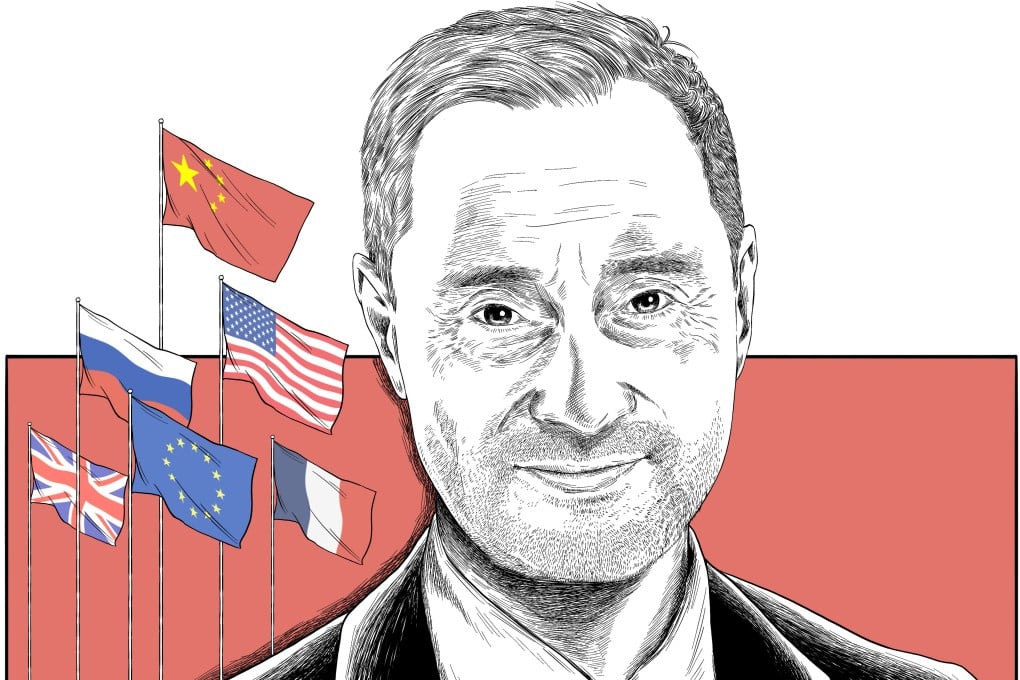Open Questions | ‘We’re in it’: Robin Niblett on the US, China, Europe and the new cold war
Foreign affairs expert explains why ‘guardrails’ have not eased US-China tensions and the EU’s role in the growing rivalry

Donald Trump just won a decisive victory in the US presidential election. How worried is Europe about a second Trump term? And do you see Trump possibly pushing Europe closer to China?
Europeans are deeply anxious about the impending new Trump presidency. Even if Trump helps deliver a ceasefire in Ukraine, he will likely leave it to European governments to provide Ukraine with the necessary security guarantees and military support to ensure President Putin does not use the ceasefire to regroup and embark on new hostilities down the road.
President Trump is highly unlikely to support those European governments that want to put Ukraine on a path to Nato membership in order to deter future Russian aggression.
Europeans are also very concerned that they will be some of the main targets of Trump’s promise to raise tariffs, especially given the EU runs a large surplus in trade in goods with the US. Given the weak current state of Europe’s leading economies – France and Germany – and their dependence on exports to drive growth, this would be a painful blow.
Furthermore, Trump’s threats of a 60 per cent or more tariff on Chinese exports to the US would lead to diversion of these exports to Europe, putting even more pressure on European domestic producers. And if European governments try to attract more Chinese foreign direct investment as an alternative to importing as much as they currently do from China, the Trump administration might impose even more restrictions on European exports to the US.
In addition, Europeans worry that Trump’s re-election signals a long-term structural retreat by the US from global leadership. Trump has promised to withdraw from the Paris agreement on combating climate change, a top priority for European countries.